

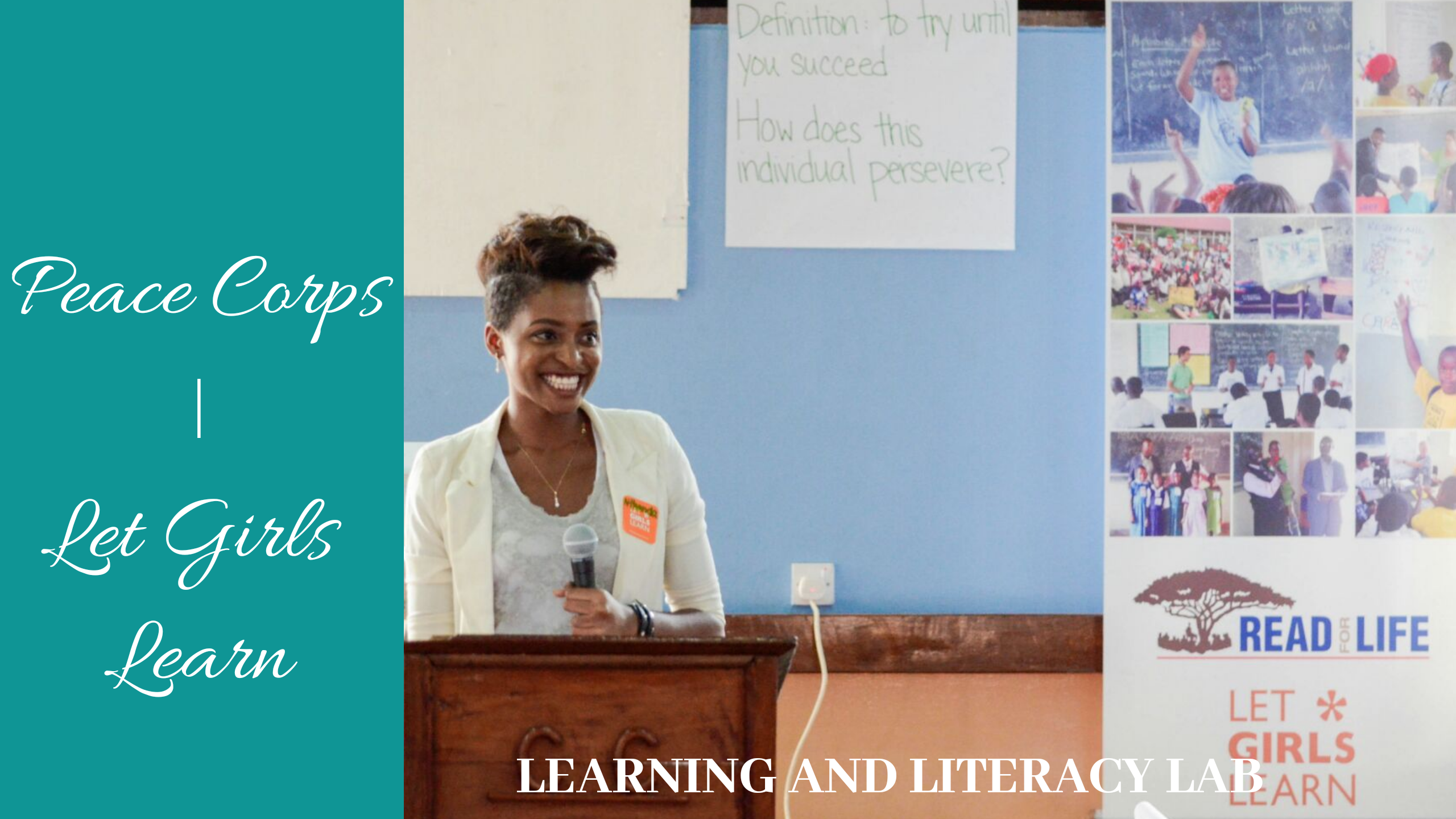
A few weeks ago I was contacted by Ms. Ashley Wolter, a Peace Corps Malawi fellow, letting me know that someone had recommended me to be a guest speaker at their “Let Girls Learn Literacy and Learning Laboratory.”
I was asked to speak on The topic “Gender empowerment and overcoming challenges to find success.”
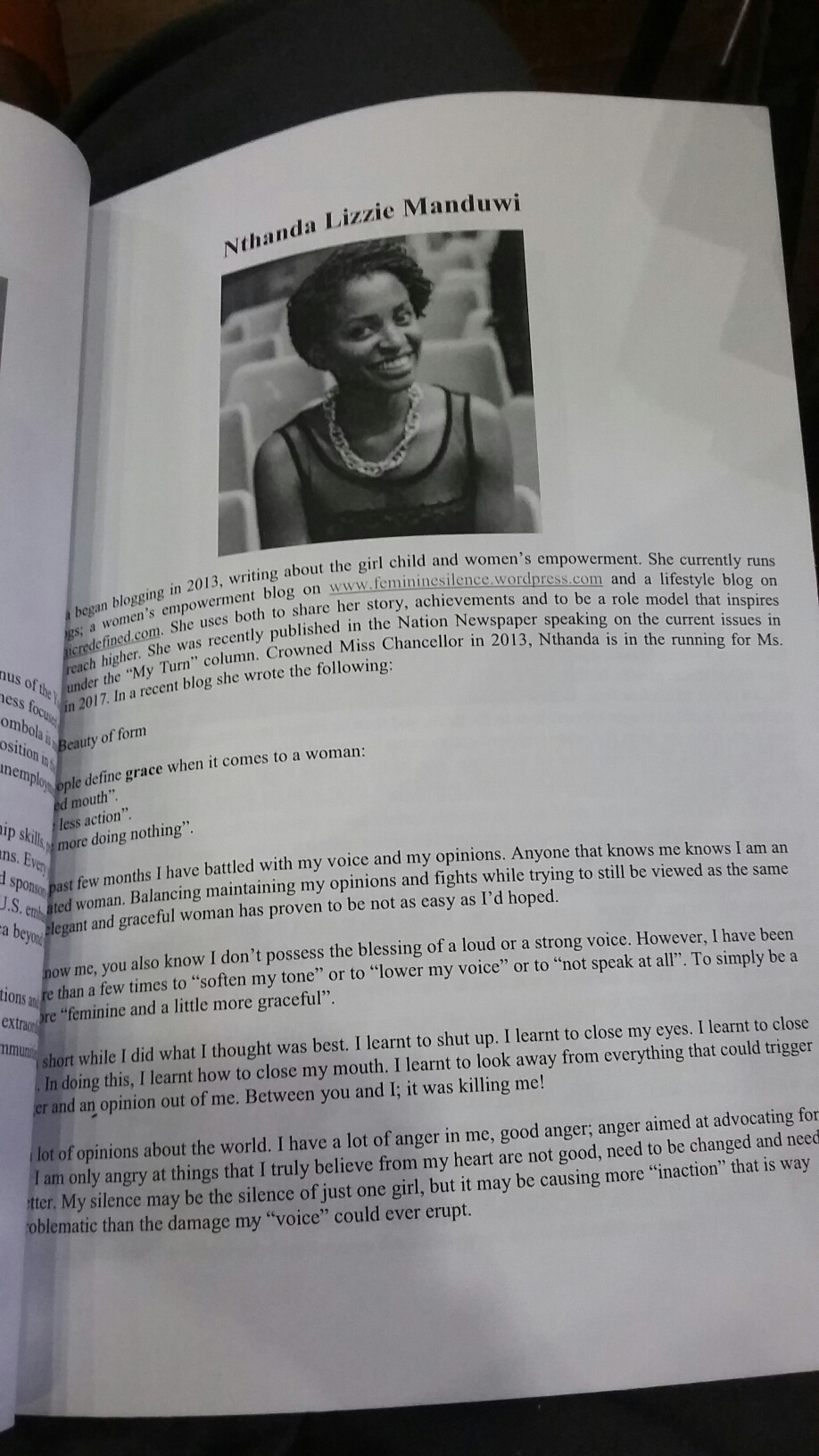
The event was beautiful, but it left me thinking about the ‘Let Girls Learn’ Michelle Obama initiative. A number of problems students face in their communities were highlighted to me – some being poverty, high school fees rates and gender discrimination in the home.
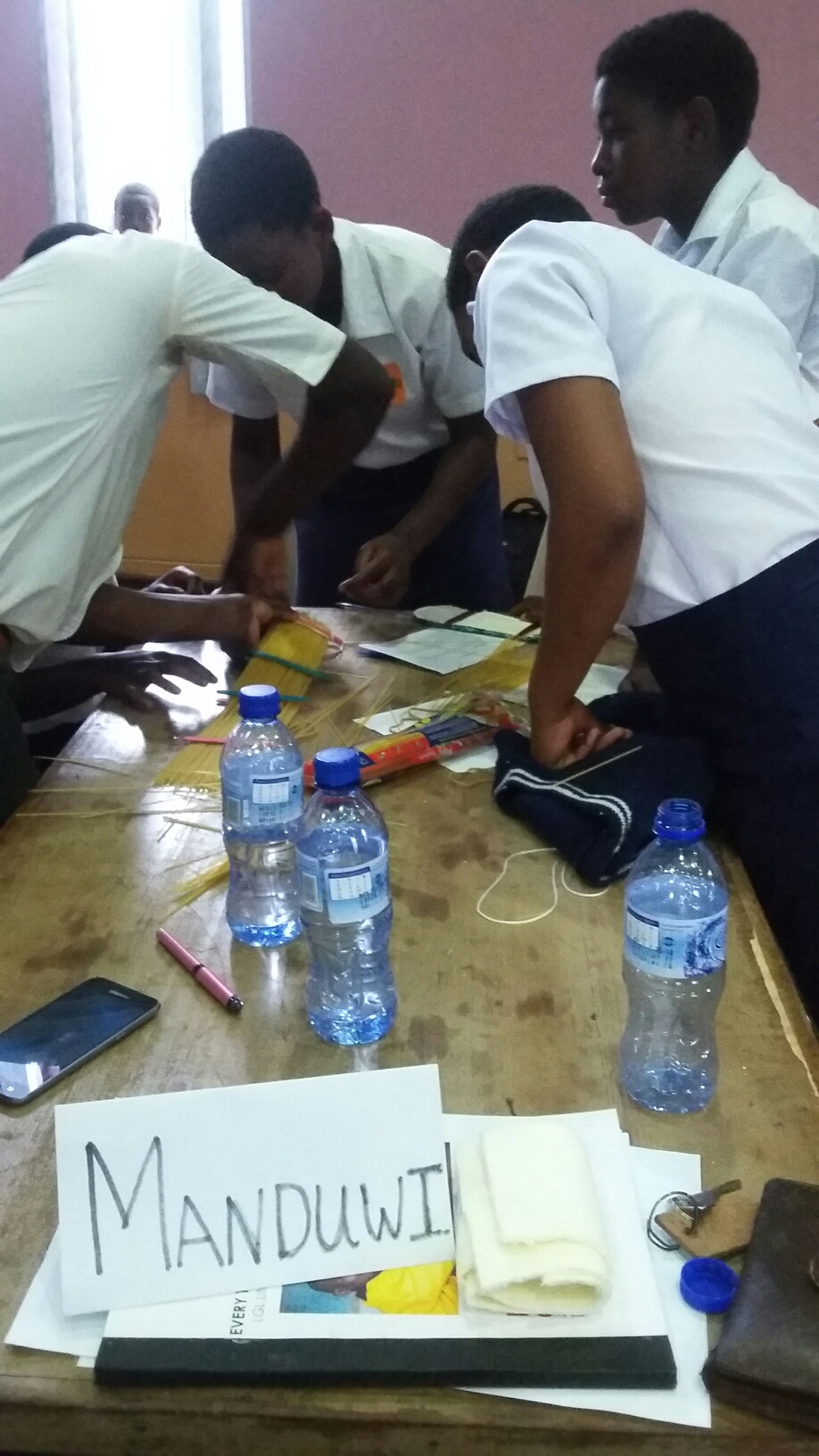
Despite daily looking at women’s empowerment in my work, and having an undisputed passion for girl-child empowerement, I realized that I most times forget to look at the reality that is Malawi.
Living in suburban areas can make you forget how poor and disadvantaged Malawi really is.

Chatting with my friend Andrew Datu who is a Peace Corp volunteer and a teacher in rural Mchinji, he highlighted to me that he has gotten more of the ‘real’ Malawian experience than I ever will; and he was right.

The problems go beyond what most feminists worry about – urbanized male chauvinism and petty gender roles. For some of these girls; these are actual life-threating problems.
The gender-based roles are so deep and distinct in these societies. Their parents are less-privileged, and when it comes to choosing who to send to school (because life leaves them no other choice), they would rather send their sons to school than their daughters. Their daughters are believed to eventually get married to someone’s educated son. Poverty is still a major issue.
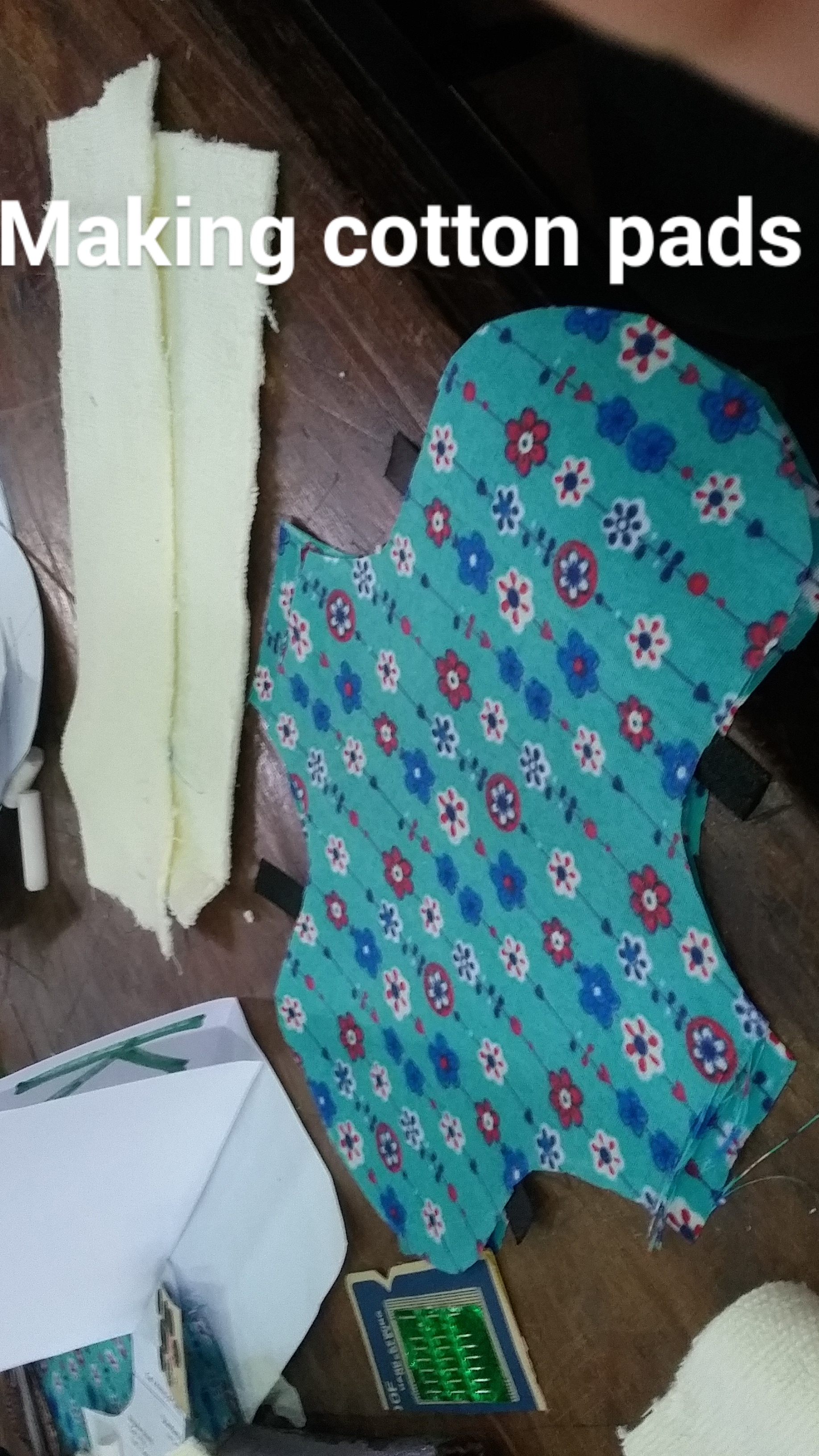
We took sometime to sensitise the students on menstruation – a topic that is still taboo in most of Malawi; and afterwards taught them how to make RUMPS (ReUsable Menstrual Pads). Some of the girls said they use zitenje, some even paper. Most admitted to missing school entirely for fear of being shamed by the colleagues.
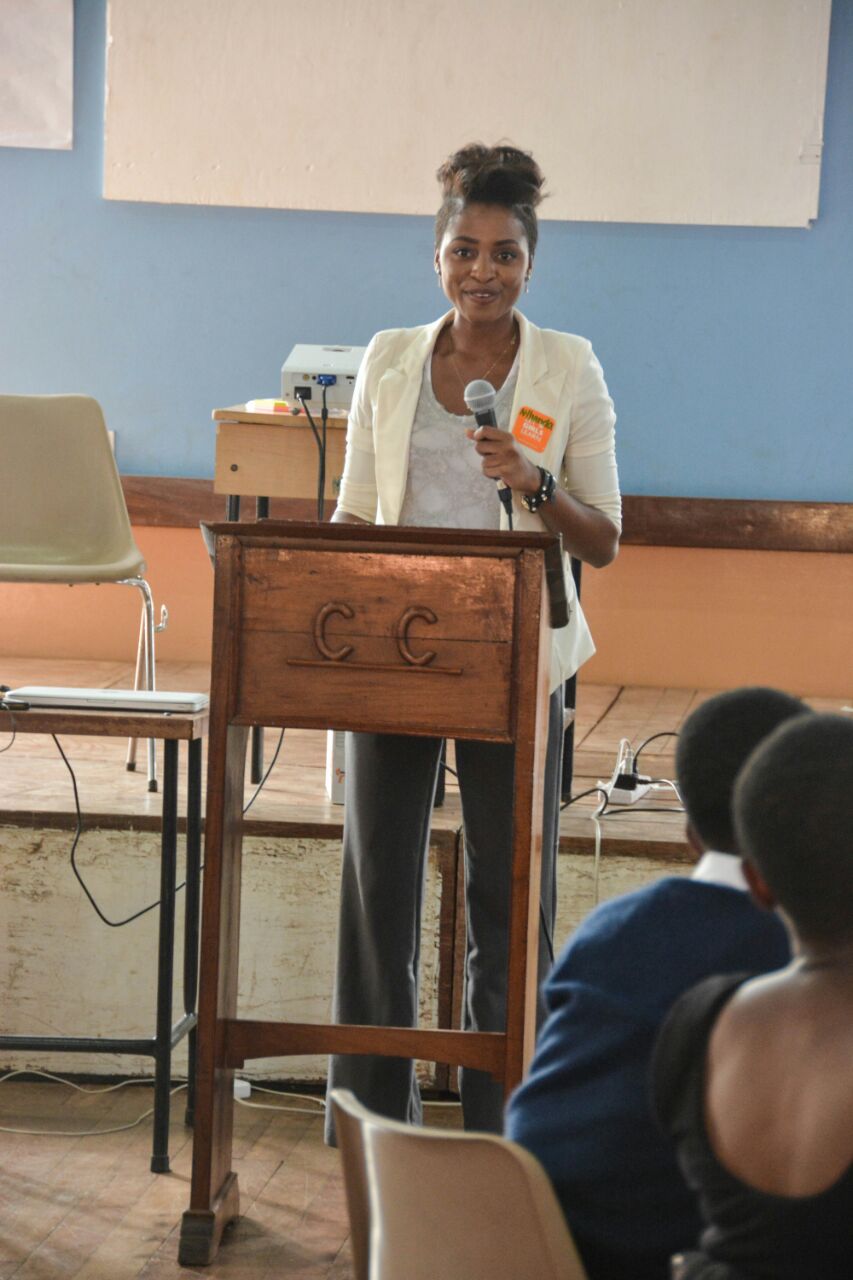
Datu highlighted some of the prominent cultural practices in Chitipa and Mchinji where he has worked with teenage boys and girls and some students living with HIV. What are now almost diluted or perhaps inexistent cultures in our current urban societies are still a reality in what we would consider most of Malawi.
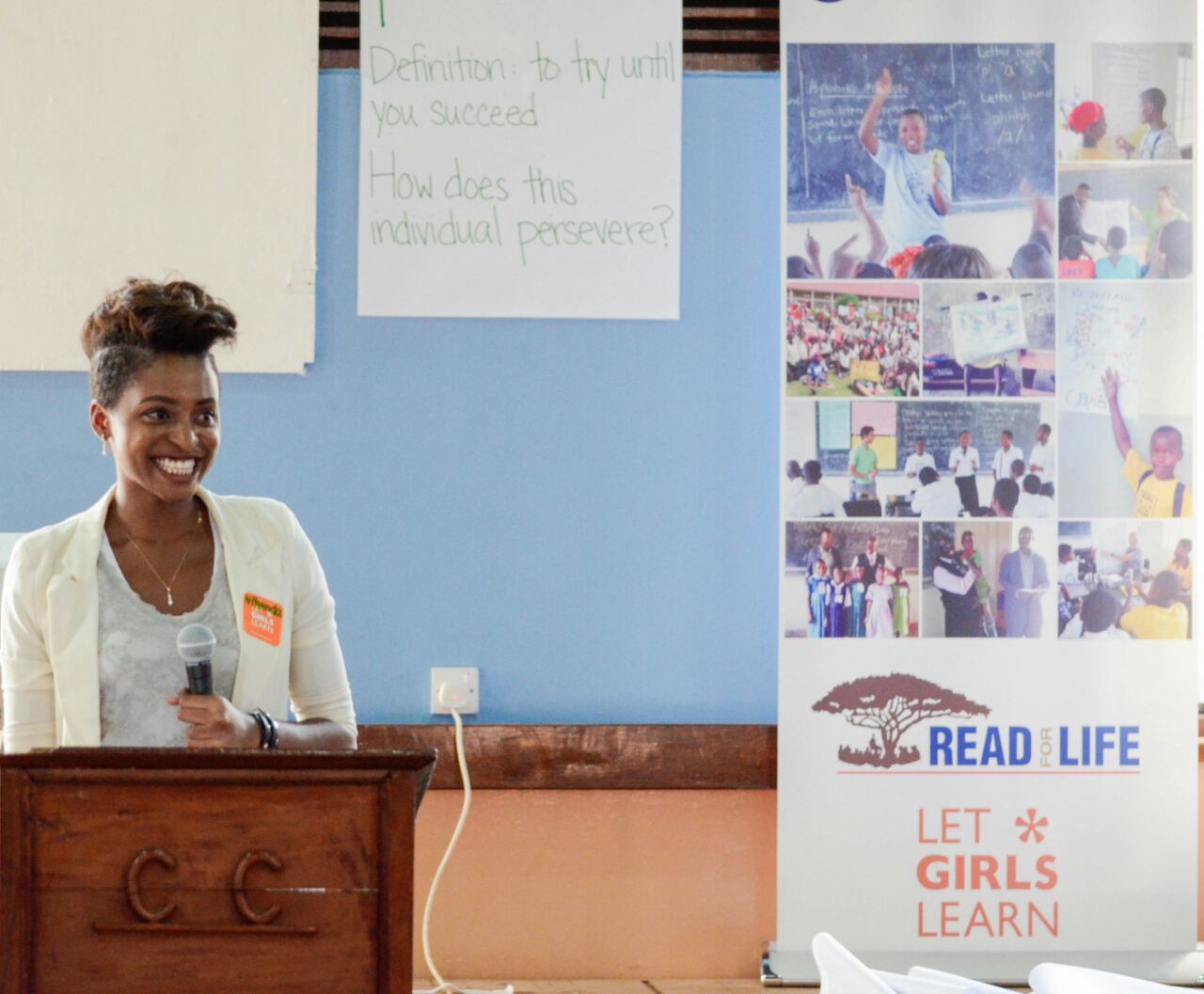
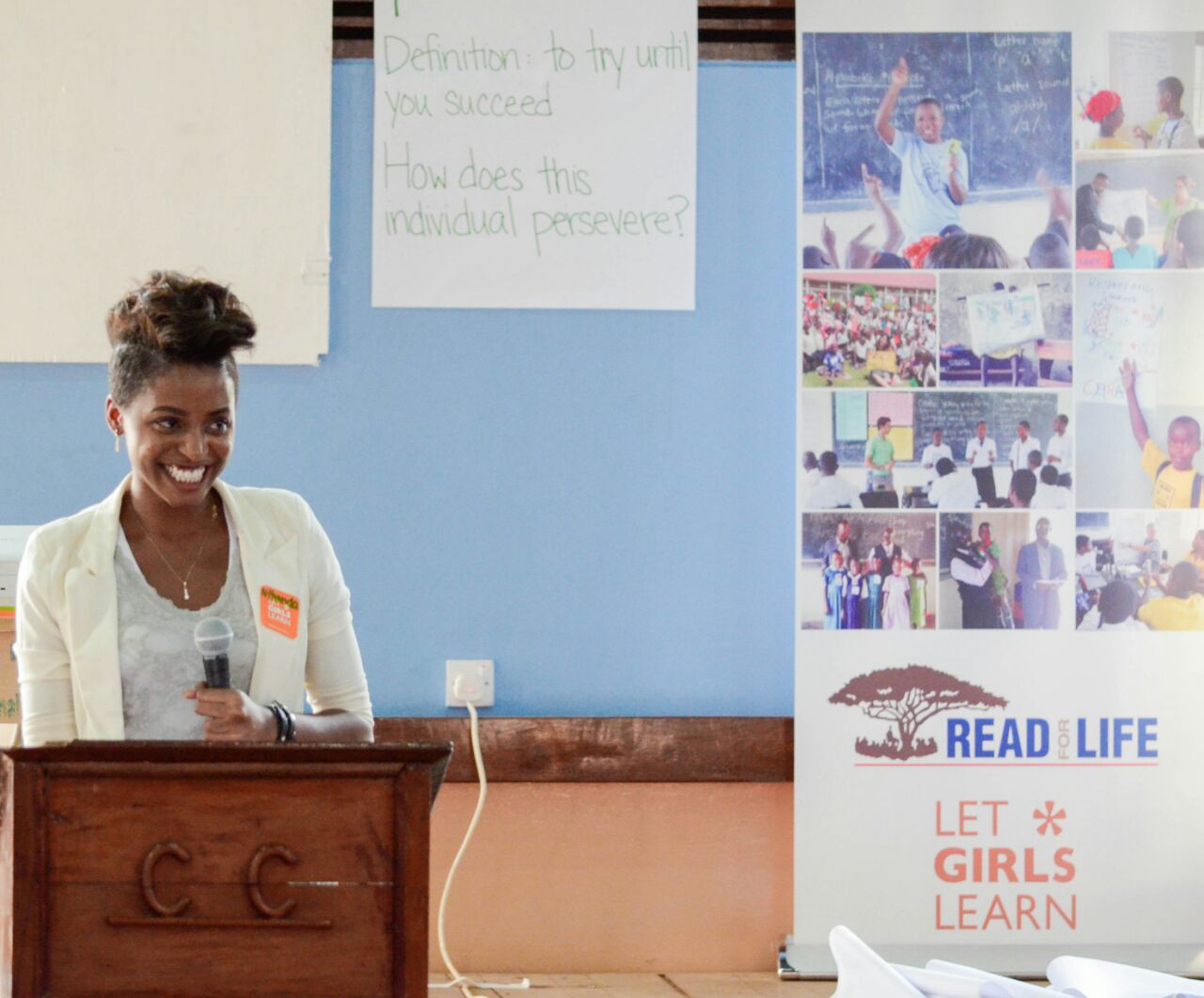
That is a reality I am reflecting on; the very heartbreaking reality of my Malawi. With all these problems in our country and societies; how do we keep our young girls in school? What are you and I doing about it?